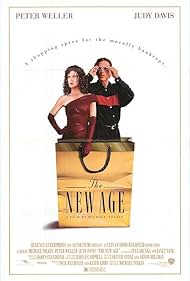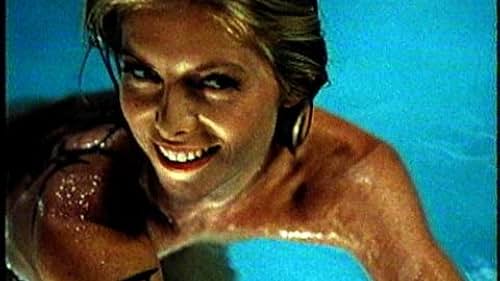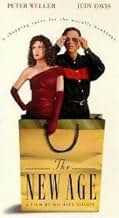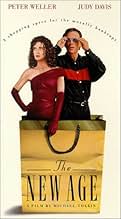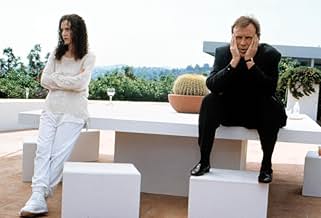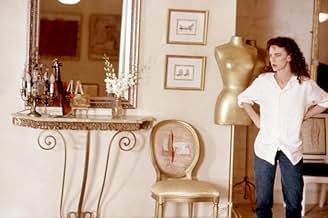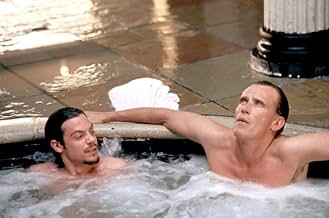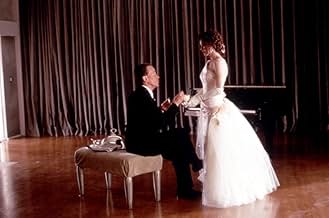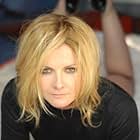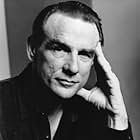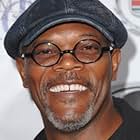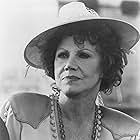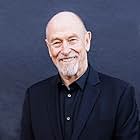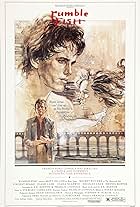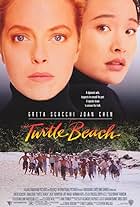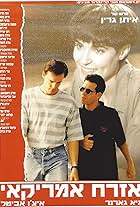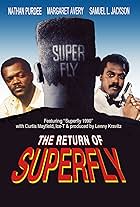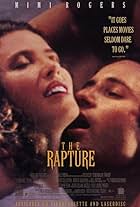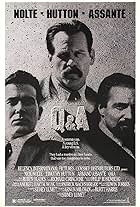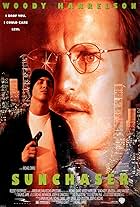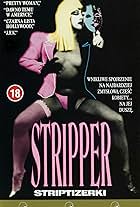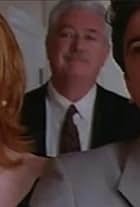Critics seem to have split widely on this film, and it's easy to see why. It's a rather painful, plodding thing to sit through--yet one can't get it out of the mind afterward. Writer/director Tolkin has a lot of disturbing things to say about post-industrial affluence in America in the 1990s, and in trying to say everything in one movie he has piled it on so thick that the brain requires a postmortem to reflect. Judy Davis, as she was in "Husbands and Wives," is dynamite, and the film is worth seeing just for her. The film has an uncanny eye and feel for the bleak interiors of the contemporary American service economy: the boutiques, the high-rise telemarketing boiler rooms, the house-poor interiors of career people who are hardly ever at home, etc. The film's title refers to the spiritual quest of the couple to find a meaning to their existence, or at least some alternative approach to life to their destructive materialism. How they go about it is all wrong, of course. In true hedonist fashion, they try everything. At the same time they seek a simpler, spiritual, non-materialistic life via a bunch of wacky gurus and cultists, they are indulging in carnal and other pleasures as diversions. When they open a small business, ostensibly to gain more control over their lives and income, the forces of the world are worse than any bosses. In all of this, they seem to be outside of everything they do, as in dreams when you watch yourself and are powerless to control the changing scenery. Despite their doldrums and hostility, this is a couple who have too much in common to split. During the course of all this, Tolkin gets plenty of jabs in about an American economy that seems to be teetering on wisps of hope rather than on any true productivity. By the end, the "new age" looks uncomfortably like a very old one, in which the law of the jungle reigned.
